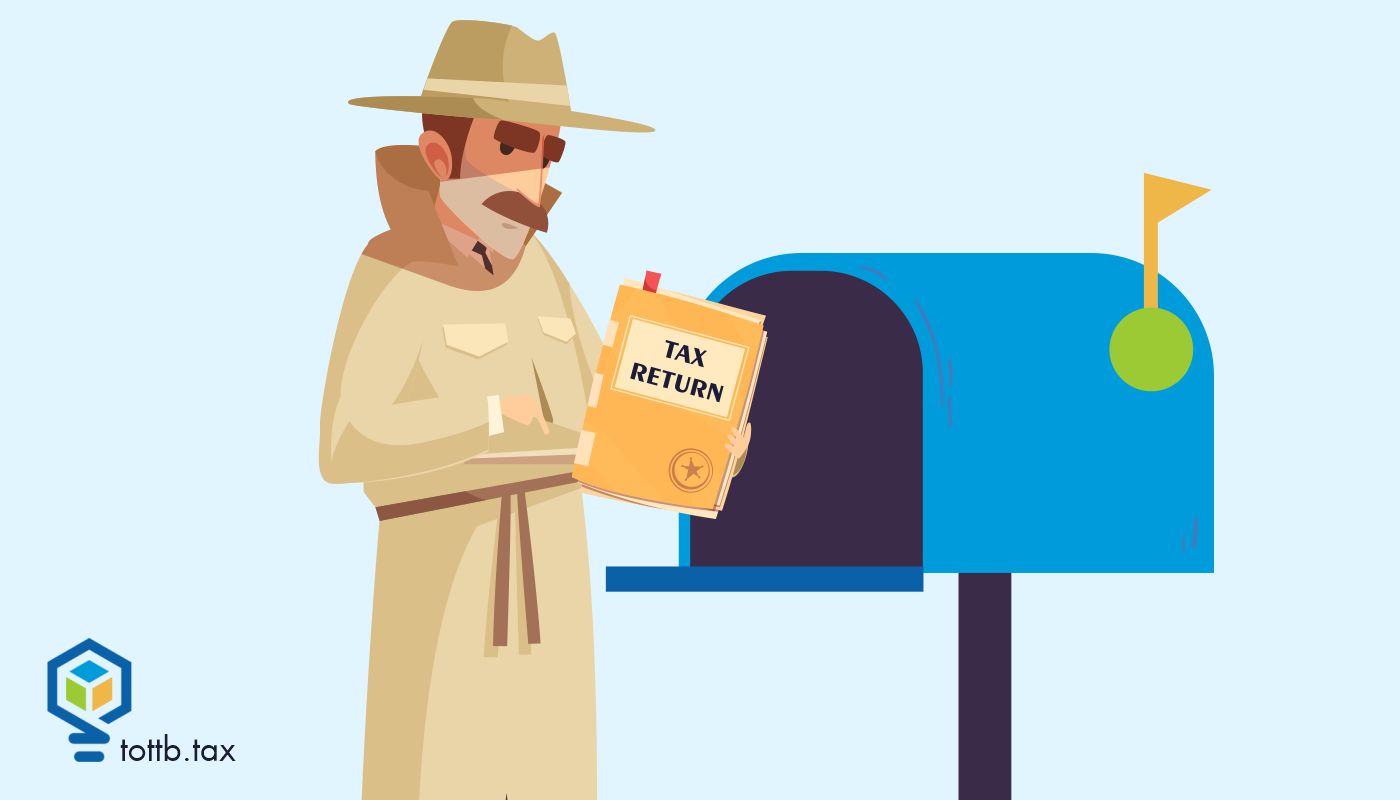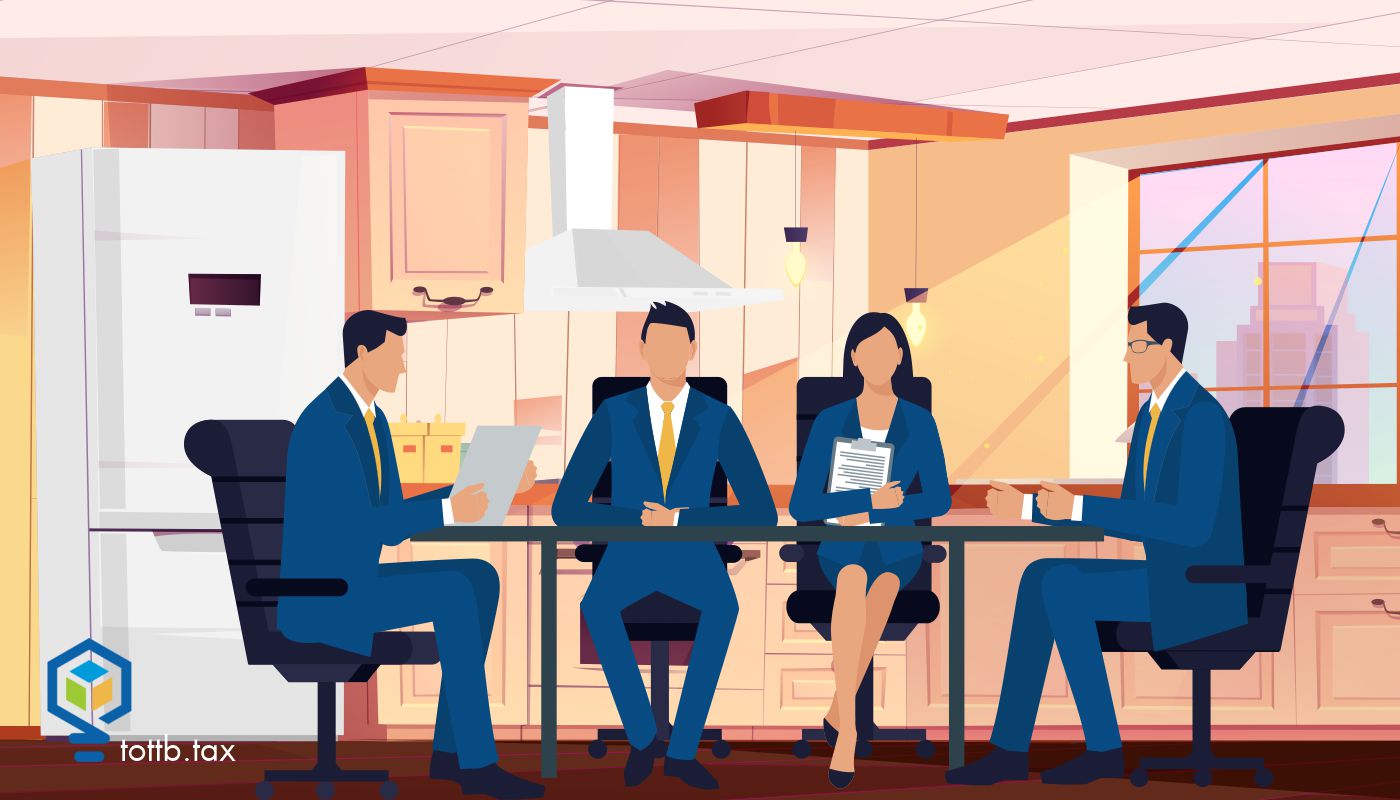By now I hope that all tax professionals have heard of the FinCEN requirement for certain entities to report beneficial ownership information starting in 2024. The requirement is causing confusion because tax and accounting professionals feel that this could be an opportunity to either add value to an existing engagement, could be a new revenue stream, or could be a huge potential for liability. What follows is a brief review of the law and the requirements, an analysis of the main issues, and some recommendations for practitioners wondering how to help their clients while limiting their professional liability.

Intentionally Filing a Defective Tax Return
Creativity on a tax return is a natural tendency. Many strategies and behaviors we know are wrong, e.g. not reporting all income. However, is it ever okay to disregard some deductions and pay more tax? At first glance, it would seem that the IRS should like the idea of more reported income and a higher tax liability attached to the additional income. The IRS does not.





